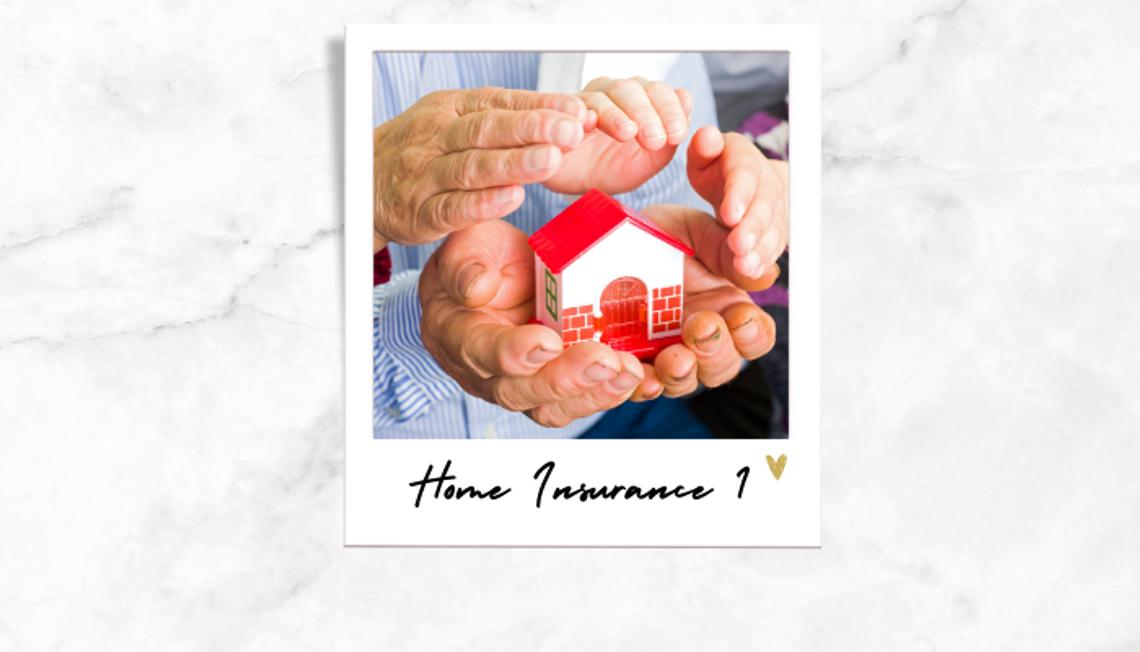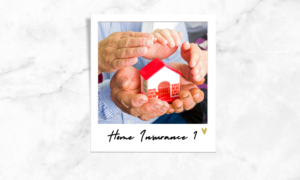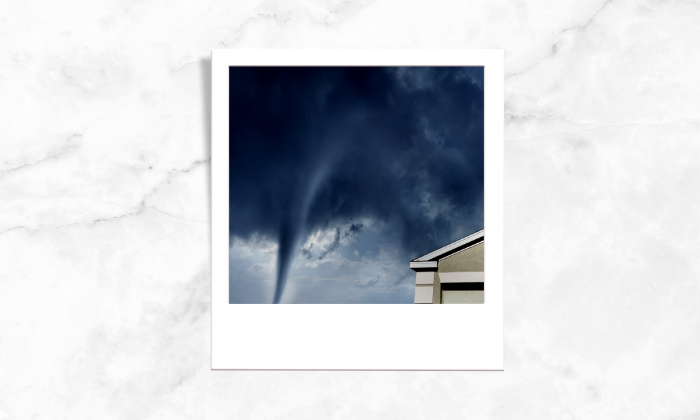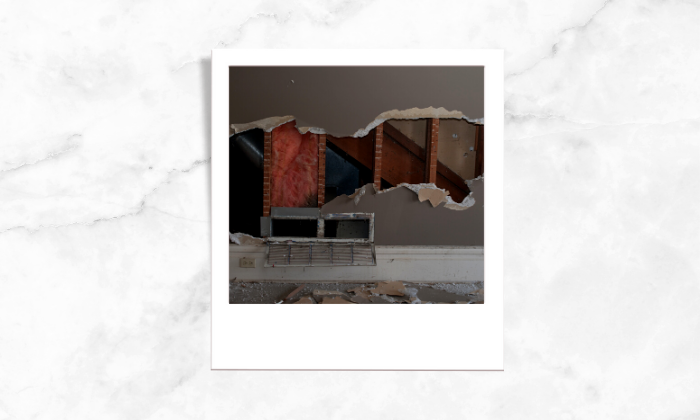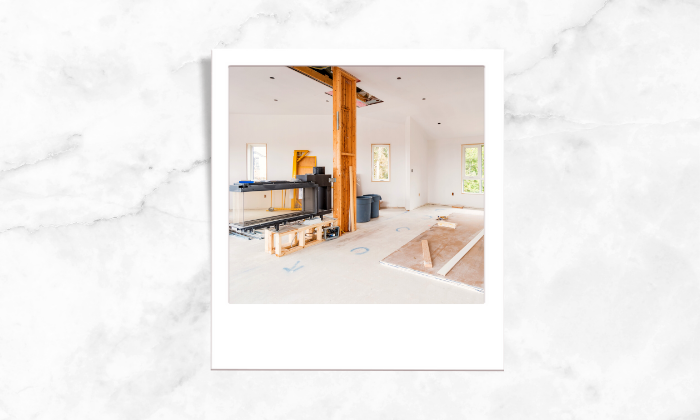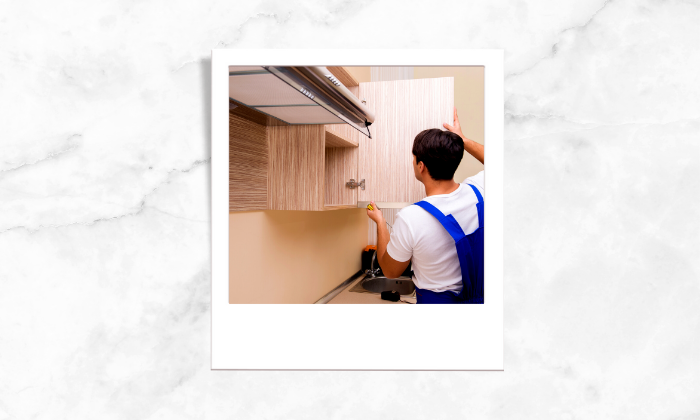What Is Homeowners Insurance?
The house you live in and all the valuables inside add up to a big investment that deserves quality protection, which is why homeowner’s insurance is vital.
Homeowners insurance is a form of property insurance that covers a private residence. The insurance insures against losses and damages to an individual’s residence, its contents, loss of use, or loss of other personal possessions of the homeowner and thus pays to repair or rebuild your home, and repair or replace personal belongings, after damage from a wide variety of “perils”.
Problems covered by Homeowner’s insurance include fire, tornadoes, falling objects (like a tree), lightning, windstorm and hail, vandalism, and theft.
Home insurance also pays for lodging and other expenses (like restaurant meals) if you can’t live in your home due to a problem covered by your policy. It also covers other types of problems—for example, medical bills if someone is hurt on your property or repair bills if you accidentally damage someone else’s property.
It also provides liability protection and coverage for additional living expenses if you’re forced to stay out of your home due to damage.
KEY TAKEAWAYS
- Homeowners insurance is a type of property insurance that covers private residences
- The policy covers losses and damages to the house and its assets.
- The policy usually covers interior damage, exterior damage, loss or damage of personal assets, and injury that arises while on the property.
- Every homeowner’s insurance policy has a liability limit, which determines the amount of coverage the insured has should an unfortunate incident occur.
A standard home insurance policy contains these valuable coverage types.
Dwelling coverage
Your home insurance policy covers your house structure under this dwelling coverage. The dwelling coverage amount should reflect the cost to rebuild the house based on the construction and labor costs in your area. There’s related coverage for other structures such as a fence or unattached garage.
Dwelling coverage is not based on the real estate market value of your home.
Personal property coverage
Personal property coverage is paid to repair or replace your personal belongings if they are damaged or destroyed due to any unfortunate incident. Personal property includes furniture, clothes, kitchenware, house decor such as curtains, and every other thing you might have packed away in boxes in your basement or attic.
The coverage amount for personal property is usually set between 50% to 70% of the dwelling coverage amount. For example, if your dwelling is insured for $150,000 and your contents coverage is set at 50%, you’ll have $75,000 in contents coverage. You can buy more personal property coverage if you need it.
Liability insurance
This liability insurance pays for injuries and property damage accidentally caused by you to others. Liability insurance pays for third-party medical insurance, it also pays for a lawsuit judgment if you’re sued, and legal defense costs.
If your liability insurance is inadequate, you can land up in a trouble for any amount over the policy limits. For availing the best homeowner’s insurance, a general rule of thumb is to buy enough liability insurance to cover your net worth, or what can be taken from you in a lawsuit.
Additional living expenses coverage
Also known as “loss of use,” additional living expenses coverage can pay for extra expenses like hotel bills, restaurant meals, and pet boarding if you have been forced to live out of your home while it’s being repaired due to damage covered by the policy.
The amount you have for additional living expense coverage is typically set at a percentage of your dwelling coverage amount, but you can buy more if you don’t think it’s enough.
Is Homeowners Insurance Required?
Homeowners insurance isn’t typically required unless you have a mortgage. However, when Mortgage lenders are lending you money basis your home, they see your home as their investment and hence they expect you to take care of the property and ensure their investment, that includes having home insurance.
Mortgage lenders may require a mortgage escrow account for both home insurance costs and property taxes, so you stay current on your insurance and tax payments.
Once you pay off your mortgage, you generally aren’t required to have home insurance, but it’s still a good idea to maintain coverage.
